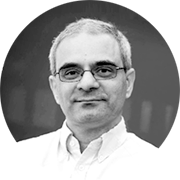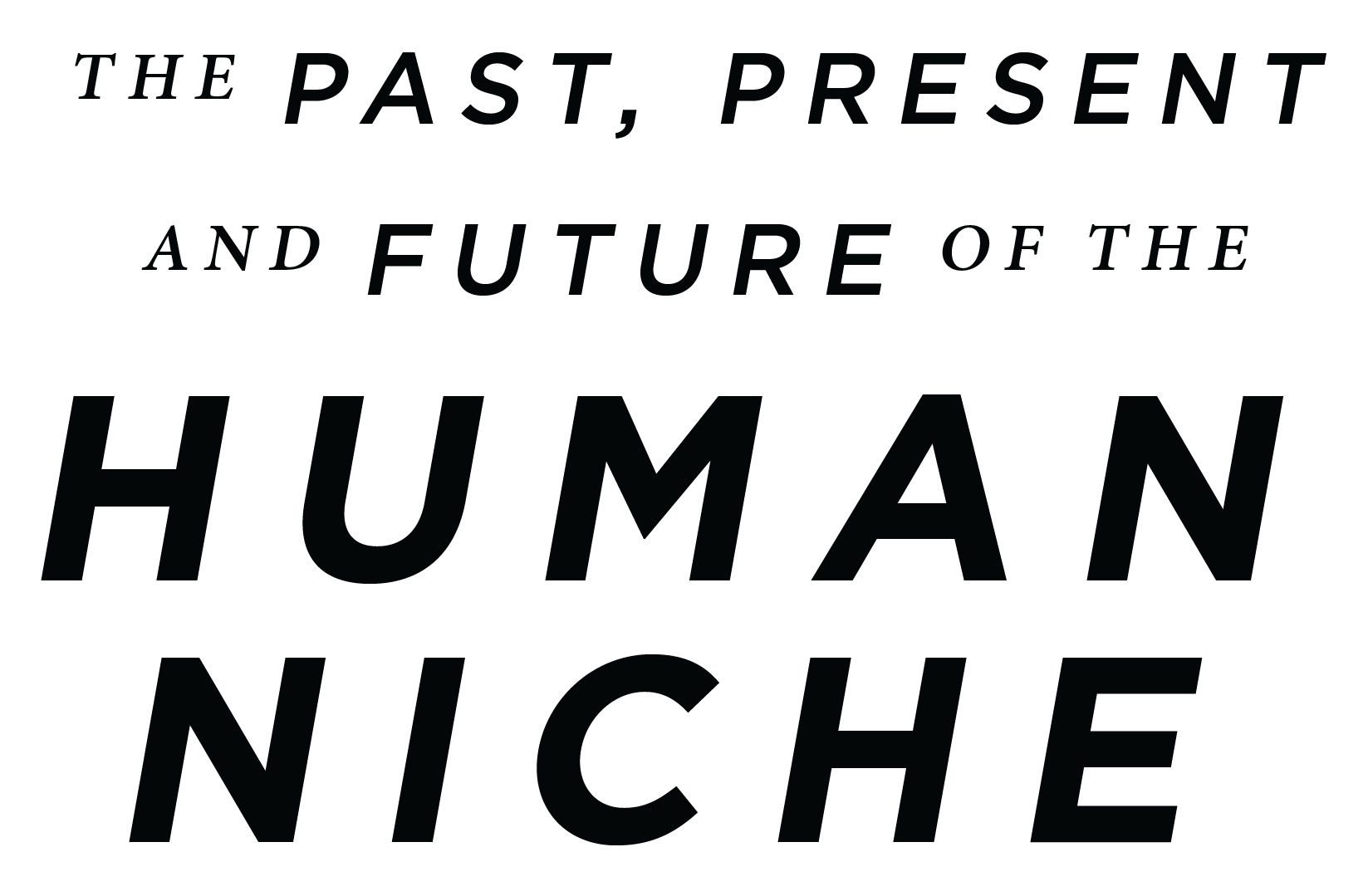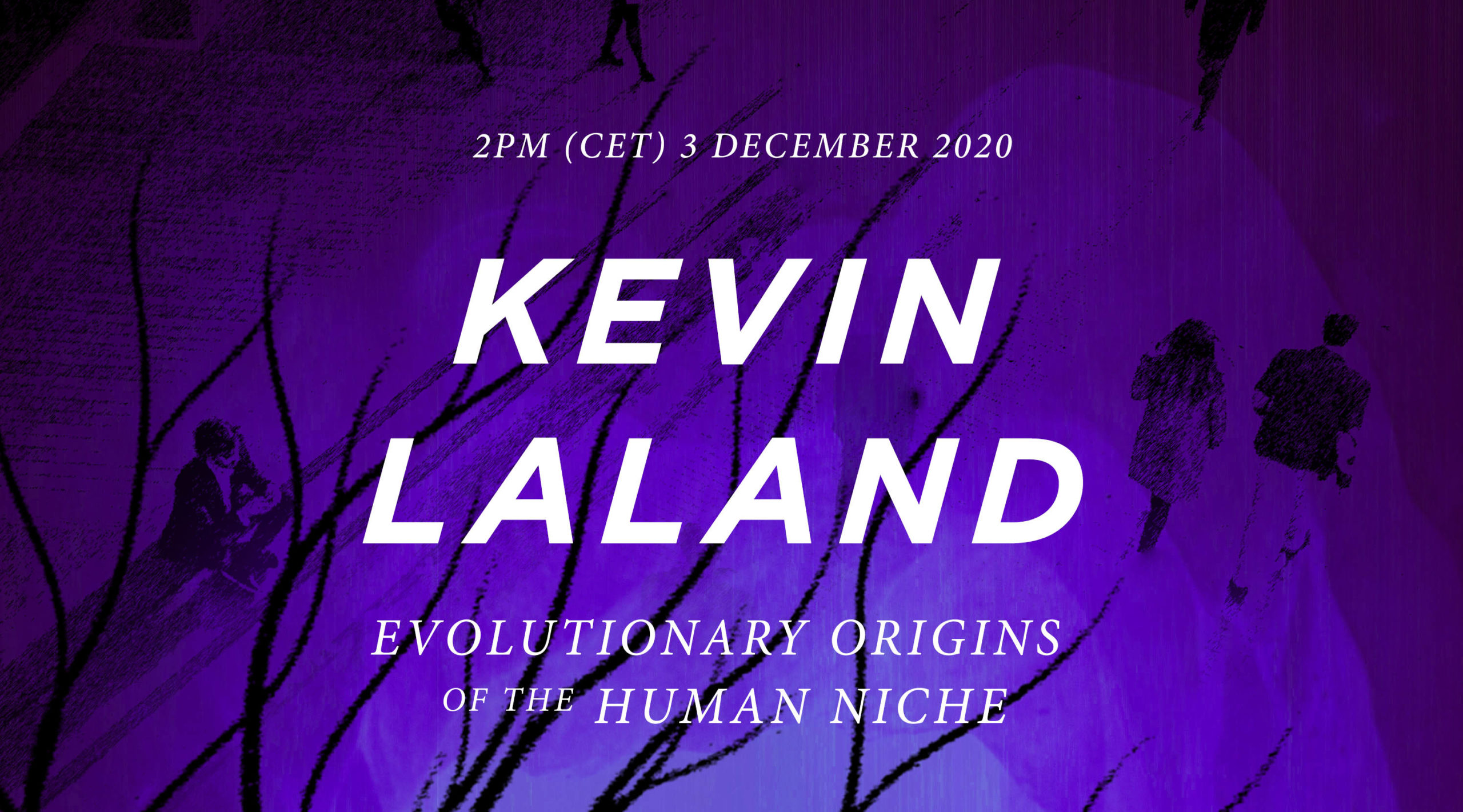Kevin Laland is Professor of Behavioural and Evolutionary Biology at the University of St Andrews in the UK.

Professor Kevin Laland is one of the founding-fathers of the concept of “the Human Niche”, developing the idea of Niche Construction with John Odling-Smee and Marcus Feldman in the 1990s. Since then, he has written many books and articles looking at Niche Construction and its evolutionary consequences. He’s also had a hand in some fascinating original research with his group over the last thirty years. In his 2017 book Darwin’s Unfinished Symphony, he drew on this research to explain “How Culture Made the Human Mind”.
In this talk he asks, how did our species’ distinctive niche evolve, and what role did our ancestors play in its origin? Understanding the origins of the human niche requires recognition of the manner in which organisms construct aspects of their world. Empirical and theoretical studies show how the activities of organisms modify selection and influence evolution, and how this was a particularly important process in human evolution. Professor Laland describes some theoretical and experimental projects suggesting feedback mechanisms that may have been instrumental to the evolution of human cognition.
About Kevin Laland
Kevin Laland is Professor of Behavioural and Evolutionary Biology at the University of St Andrews, where he is a member of the Centre for Biological Diversity, the Centre for Social learning and Cognitive Evolution, the Institute for Behavioural and Neural Sciences, and the Scottish Primate Research Group. After completing his PhD at University College London, Kevin held a Human Frontier Science Programme fellowship at UC Berkeley, followed by BBSRC and Royal Society University Research fellowships at the University of Cambridge, before moving to St Andrews in 2002. He has published over 230 scientific articles and 13 books on a wide range of topics related to animal behaviour and evolution, particularly social learning, cultural evolution and niche construction. He is an elected Fellow of the Royal Society of Edinburgh, a Fellow of the Society of Biology, and the recipient of both an ERC Advanced Grant and a Royal Society Wolfson Research Merit Award.
You can follow his project on Twitter.





